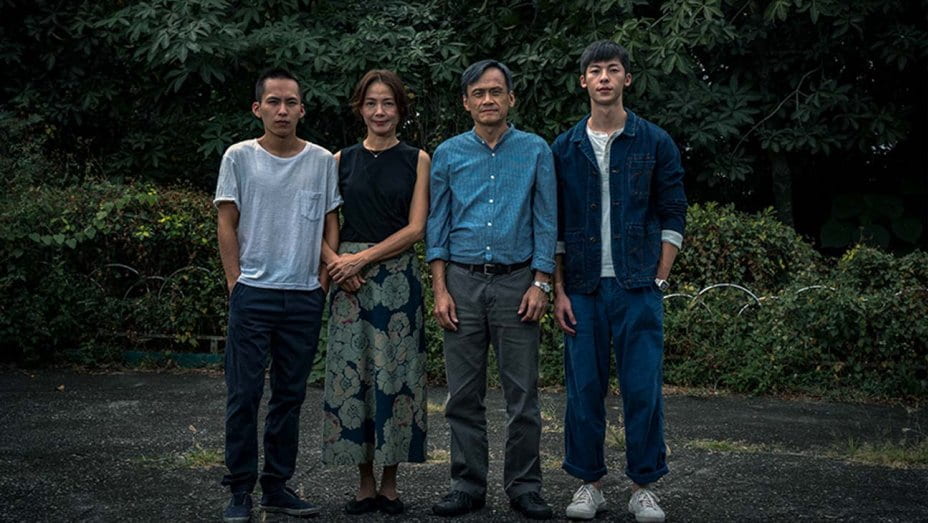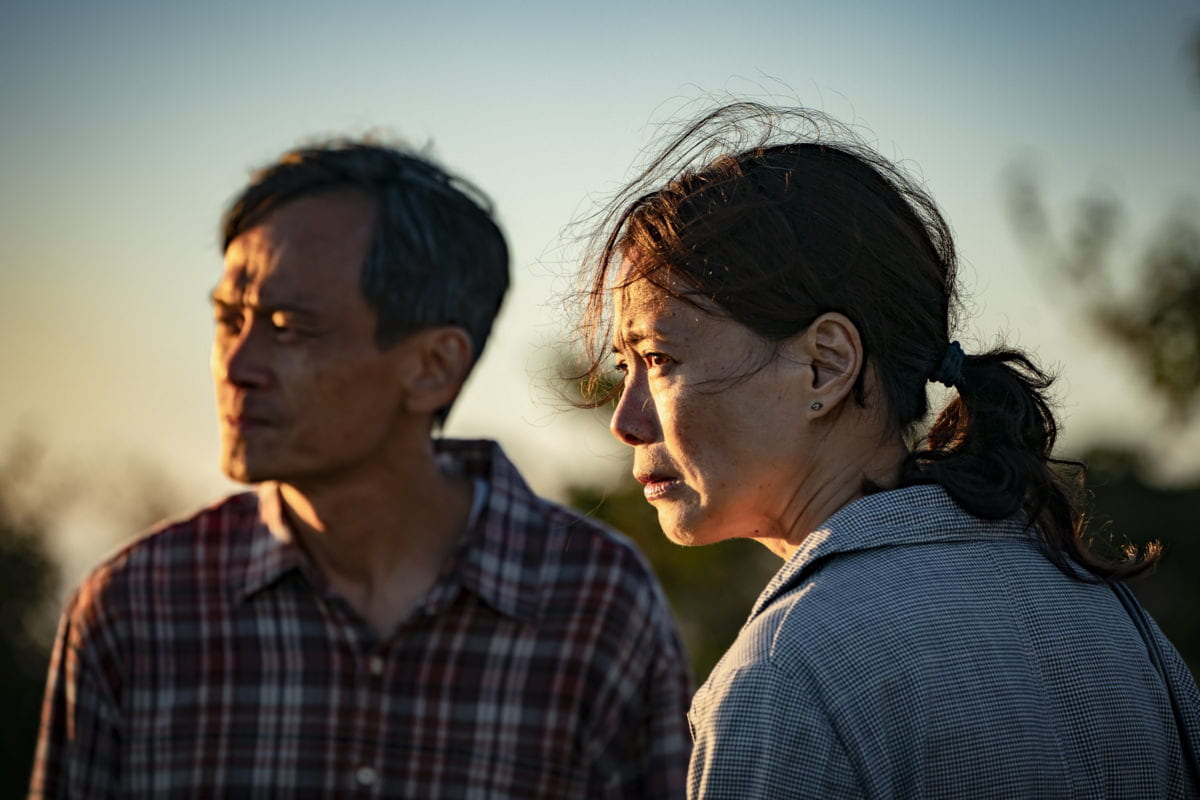The opening scene of A Sun, the latest film by Taiwanese director Mong-Hong Chung and Best Picture winner at Taiwan’s prestigious Golden Horse Awards, contains an unexpectedly violent tragedy that establishes the tone for the remaining 150 minutes of the film. In this scene, which is interspersed with beautiful shots of nighttime Taipei and enhanced by calming string music, we see two young men enter a restaurant and, with a machete, chop off the forearm of another man. This shockingly violent and gripping beginning lets the audience know that A Sun will not allow its audience an easy viewing experience, and it prepares viewers for some of the more unexpected tragic moments that are sure to follow.
A Sun follows a typical middle-class Taiwanese family, the Chens, through a tidal wave of tragic moments in their lives. After the unexpected violence of the opening scene, we spend some time with a cynical middle-aged driving instructor, A-Wen Chen, and learn that his younger son, A-Ho, has been sentenced to juvenile detention for three years for his involvement in the crime. A-Wen and his wife, Qin, now put all of their hopes and pressures onto their beloved elder son, A-Hao, an existentially lost and philosophical prospective medical student. The shame that the Chens feel over their delinquent son A-Ho is further complicated by the presence of his 15-year-old girlfriend on their doorstep, who tearfully announces that she is pregnant and wants to keep the baby. The family’s troubles only begin at this point, and over the five years that the film covers they must learn to deal with the tragedies and injustices that fate will deliver them.

A Sun is a beautiful, intensely truthful family drama, akin to other 2019 films such as Waves or The Farewell, and it explores the harshness of fate, the intricacies of parent-child relationships, and the ways in which people grieve, forgive, recover, demand revenge, and move forward after traumatic incidents. The film’s central theme is that of fairness: why good people like the Chens are dealt such difficult hands by fate, and whether it is possible to rectify or come to terms with these injustices. The only real problem with A Sun is its pacing: the film is incredibly languorous and requires immense amounts of energy and patience to watch. The serious tone and continual parade of trauma and tragedy can certainly be exhausting and overwhelming, and although Chung attempts to break up the film with moments of levity and optimism, they unfortunately are few and far between. A Sun is, in some ways, an emotionally cleansing and cathartic film, but it seems that too much happens to the Chen family, with the film attempting to focus on everything, for it to truly succeed. A Sun is not necessarily a feel-good film, as its ultimate optimism and positivity are hard-won and slight when compared to the film’s tragic moments, but it certainly offers a worthwhile experience for the patient viewer.
3.5/5 STARS
